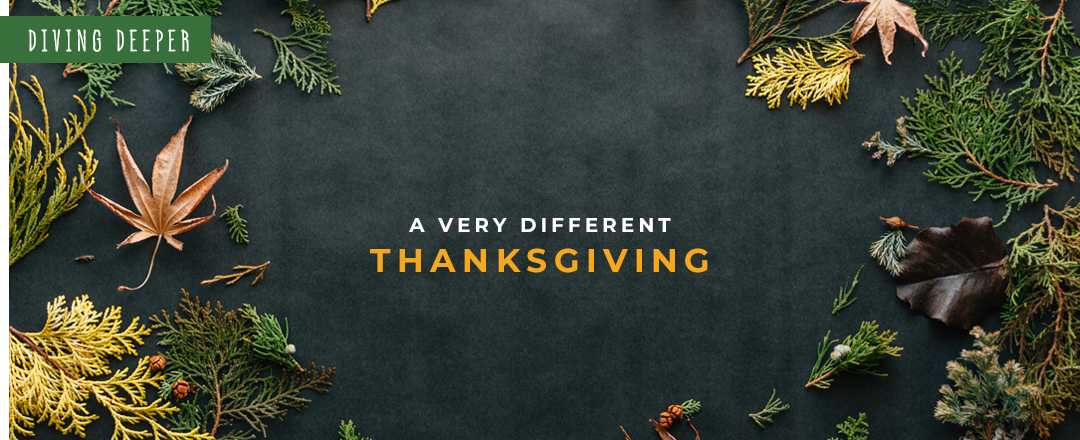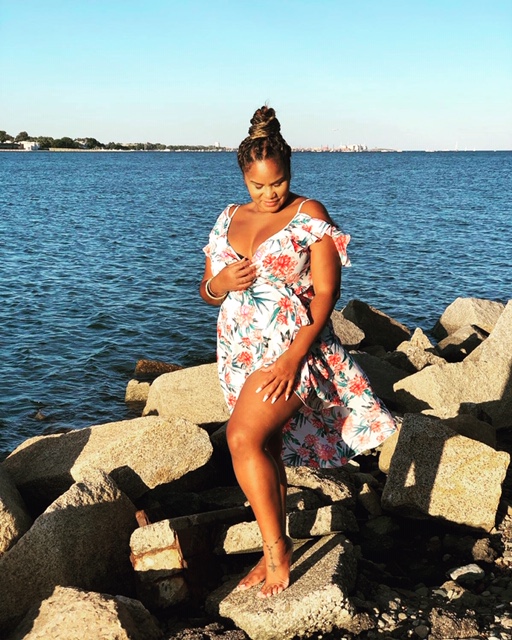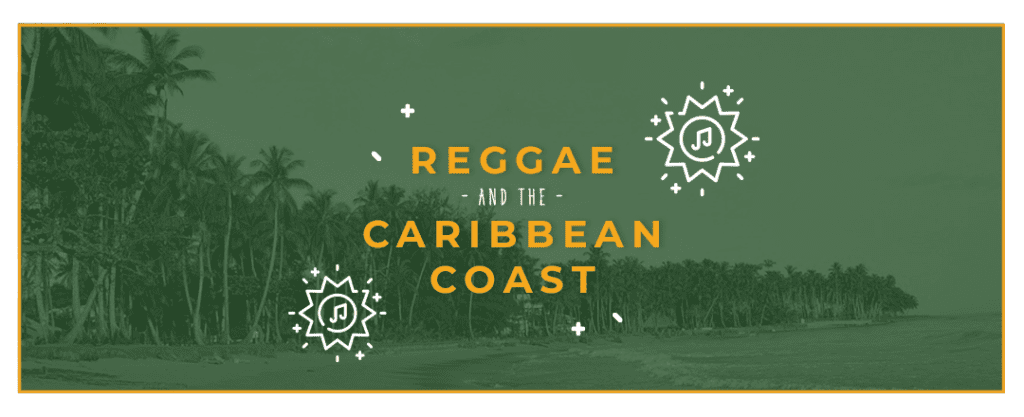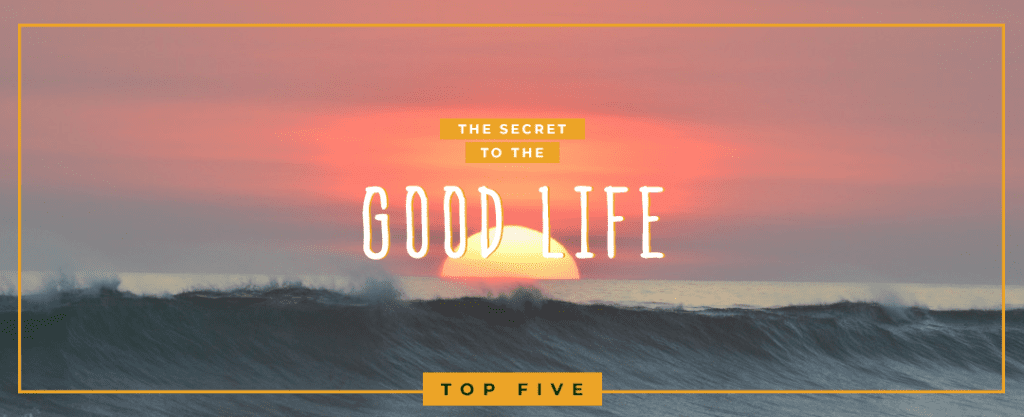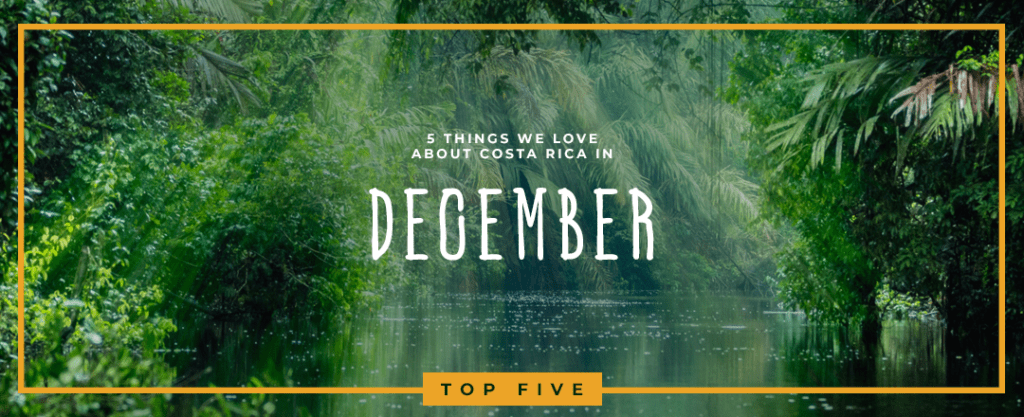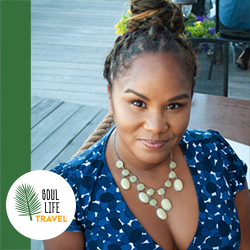


For some, Thanksgiving Day is seen as a time to gather with family and friends. For others, it is a reminder of the historical fallacies and cultural appropriation that the holiday is riddled with. Like many of us, our founder Sadie grew up hearing romanticized stories about Thanksgiving in school. Her family raised her to see the holiday as both a day of reverence for Indigenous people and a time to gather with loved ones. As our nation grapples with the ongoing COVID-19 pandemic, Thanksgiving will certainly look different this year for Sadie and many others as well.
THE PILGRIMS AND THE INDIANS
I was five years old when I first recall being told to sit, “Indian-style” and dress as an “Indian,” as part of my school’s annual Thanksgiving lessons. I have vivid memories of appropriated recreations of pow wows and cutting out multi-colored feathers for my “Indian headdress.” My classmates and I reenacted the storied first dinner shared by the Pilgrims and Indigenous people. Those of us dressed as “Indians” would run into the classroom, yelling and patting our hand over our mouths.
Unfortunately, this was the way I grew up and it’s the way many young children in the U.S. are taught about Thanksgiving. The lessons leave out the true history of the conquest of Indigenous people and ancestral land by colonists. Instead, we decorate images of turkeys and the Mayflower and are encouraged to wear headdresses that bear no resemblance to those worn by the Wampanoag people, who the pilgrims made their initial contact with.
I have often wondered what my Central American grandparents, immigrants to the U.S., must have felt the first time their children returned home from school and proudly displayed their “Indian headdresses.” Did they find it offensive? Or was assimilation into the U.S. society so vital to their survival, that at the time it was easy for them to see it as positive?
A lot of things had changed in my family by the time I came around. My parents’ generation had grown up along with their ideology. They viewed the U.S. story of Thanksgiving for what it truly is: deeply and undeniably problematic.
A TALE OF TWO CULTURES
My family considers Thanksgiving, much like Columbus Day, to be a day of mourning the genocide of Native Americans by colonizers. Instead of ignoring the holiday entirely, as some Americans have, my family sees it as a day of reverence for Indigenous people as well as a time to gather with family and friends.
I love Thanksgiving, to be honest. It’s one of my favorite holidays, mostly because of the food! I am Afro-Latinx and it’s the time of year when I have both my Costa Rican abuelita and my African-American grandmother (Mama) with me. So, you will most likely find me in the kitchen helping one of them make candied yams or tamales. There will also be collard greens, rice and beans, potato salad, peach cobbler, and maybe even maduros. My family loves their lechon (roasted pork), so my aunt famously cooks something called “pavochon”—a perfect recipe for the turkey that gives it the garlicky, succulent flavor of lechon.
Some of my fondest memories are of witnessing my black grandmother trying to teach my abuelita how to cut collard greens the way her “mama did.” My non-English speaking abuelita would observe intently, trying to make out each word through Mama’s strong southern drawl.
While preparing our family feasts, I’ve learned about my diverse cultural roots. By the time we’re ready to eat, we have so much food and such a variety of options that everyone can keep going for seconds and thirds!
A DIFFERENT KIND OF THANKSGIVING
I, like many others, have been away from friends and family for the past several months due to the impact of the COVID-19 pandemic. I was looking forward to going back home this month and having a normal holiday. In both of my cultures, we strongly value being close to our family and spending as much free time as possible with them. This is a central part of our identity and cultural framework. Yet what makes us who we are is also a risk to our physical health.
More than 10 million people have contracted COVID-19 in the U.S., and many of those cases are in Latinx and Black communities. The APM Research Lab reported that as of October 13, 2020, 1 in 920 Black Americans and 1 in 1,360 Latino Americans had died of COVID-19. Between June 9 and October 13, Latinos experienced more COVID-19 deaths than any other racial group in California.
Two weeks ago, I thought flying from Boston to Atlanta to have a small gathering with my family would be a reasonable option. Things have changed rapidly in Boston and nationwide. For a few months the Northeast was no longer deemed a hotbed for the virus, but all that has changed for the worse. My family is spread out all over the States, and the idea of going to a crowded airport, hopping on a plane, and taking a rapid COVID-19 test before I even reach my mother’s door now sounds like an absolute nightmare.
I’ve had to be honest with myself and realize that for me, the alternative—a 14-day quarantine prior to travel—would be difficult to do. The sad reality is that even if I did commit, it would not guarantee that I remain infection-free and any holiday gathering would still come with some risk. To avoid it altogether, I made the painful decision to skip the traditional Thanksgiving gathering of years past for a safer, virtual celebration. I asked myself, “What’s more important, seeing your family in person on Thanksgiving or keeping them safe?” The answer was clear.
So, for Thanksgiving 2020, I’ll just have to add video-chats to my gratitude list.

